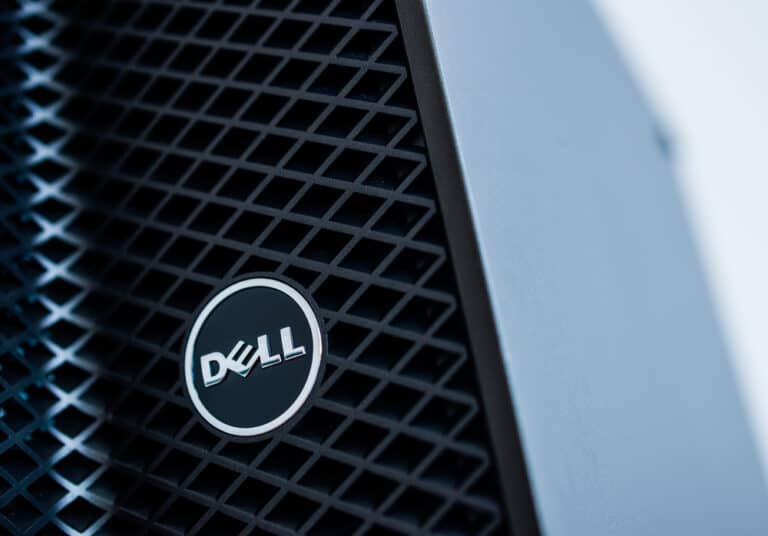Dell Technologies has reduced its own workforce by 13,000 over the past year. This is made evident by the figures it sent in an SEC filing. A further reduction seems likely, despite Dell expecting the coming year to be much more positive for PC sales than 2023 was.
Last February, Dell announced it was parting ways with 6,650 employees. A second round of layoffs followed in August, although that announcement lacked a specific reference to the number of jobs cut. Now it appears the reduction in the workforce was a lot more significant than previously thought: Dell’s workforce now consists of 120,000 people worldwide. This is on top of the fact that Dell has been on a hiring freeze for some time. The company is trying to sell storage solutions through a “partner-first” strategy, which means it needs fewer sales and marketing personnel of its own.
For now, the layoffs seem to be limited mainly to the company’s North American arm. That could change if Dell chooses not to renew contracts or to lay off staff elsewhere. European labour rules prevent numerous employees from being expelled immediately (which happens routinely in the US), so that would take more time.
No cause for concern (for investors)
By early 2023, Dell had already made up its mind on downsizing. Indeed, the year that followed proved to be disastrous for the PC market sales-wise, 2022. Given the majority of Dell’s annual revenue comes from its Client Solutions Group (the division that sells PCs, among other things), this development was extremely worrisome for the company.
Tip: Will AI save the PC market from a third consecutive year of disaster?
In the stock market, the news for Dell has been considerably more positive, especially in the last few weeks. On March 1, Dell’s value actually reached a record high ($124.59 per share), virtually quadrupling from 12 months prior. We have cited before that layoff rounds score well in the stock market. Cost reductions are primarily a positive signal to investors that a company is putting its house in order and offers no cause for concern for them. At any rate, Dell is managing to cut costs substantially and be more attractive on Wall Street than ever before at the same time.
Focus on AI
Meanwhile, Dell expects 2024 to turn the tide for the PC market. It was quick to explain exactly what an AI PC entails, while Microsoft has since defined it even more clearly. All PC vendors are hoping that Copilot functionality and Neural Processing Units will provide a sales boost. An AI-powered Windows 11 24H2 update should make both consumers and business users finally want to refresh their computers after years of procrastination.
Whether the AI-powered PC will actually become a lucrative innovation for Dell, HP and other PC vendors remains to be seen. Something that has long been clear, however, is that AI hardware is a major boost on other fronts. As a leading Nvidia partner, Dell supplies servers equipped with the most powerful GPUs, even though it can take over six months for a customer to receive the product they ordered. In terms of AI infrastructure, Dell is at least one of the best-performing vendors, according to research firm Forrester Research. Only hyperscalers Microsoft, Google and AWS (in addition to GPU giant Nvidia) score better according to its metrics.
Forrester Research says Dell’s hopes are boosted by already having a powerful offering, a clear strategy for the longer term and a well-maintained presence in the market. AI is therefore a logical focus for Dell, requiring fewer employees than before on other fronts. Just upgrading existing AI-accelerating servers to Nvidia’s latest Blackwell GPUs will be very lucrative for Dell.
That changed focus can also be recognized by Dell’s acquisition of Moogsoft in the middle of last year. That start-up helps organizations use diagnostic data to monitor their own infrastructure. By detecting trends in the data, Moogsoft’s AIOps solution helps increase application performance. Since Dell isn’t one to go for an acquisition too often, the choice of an AIOps player is notable. It suggests that Dell will focus even more on selling IT infrastructure beyond desktop PCs. In doing so, it appears to need a different, smaller workforce than before.
